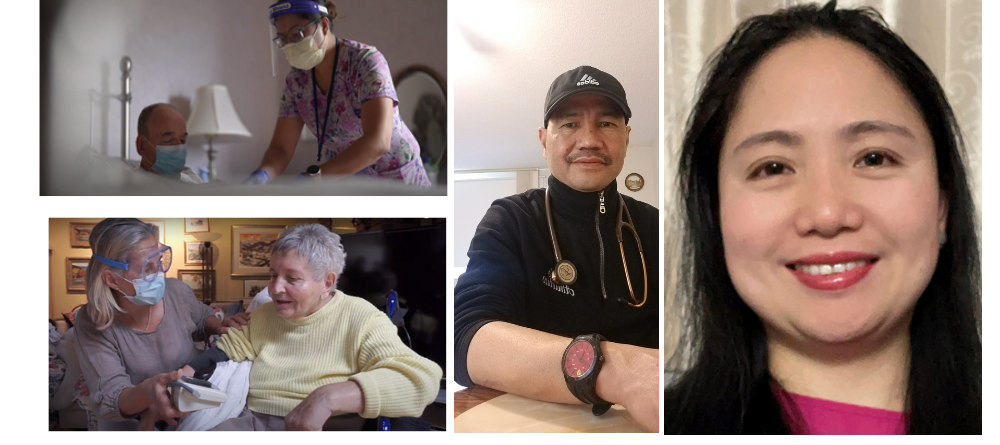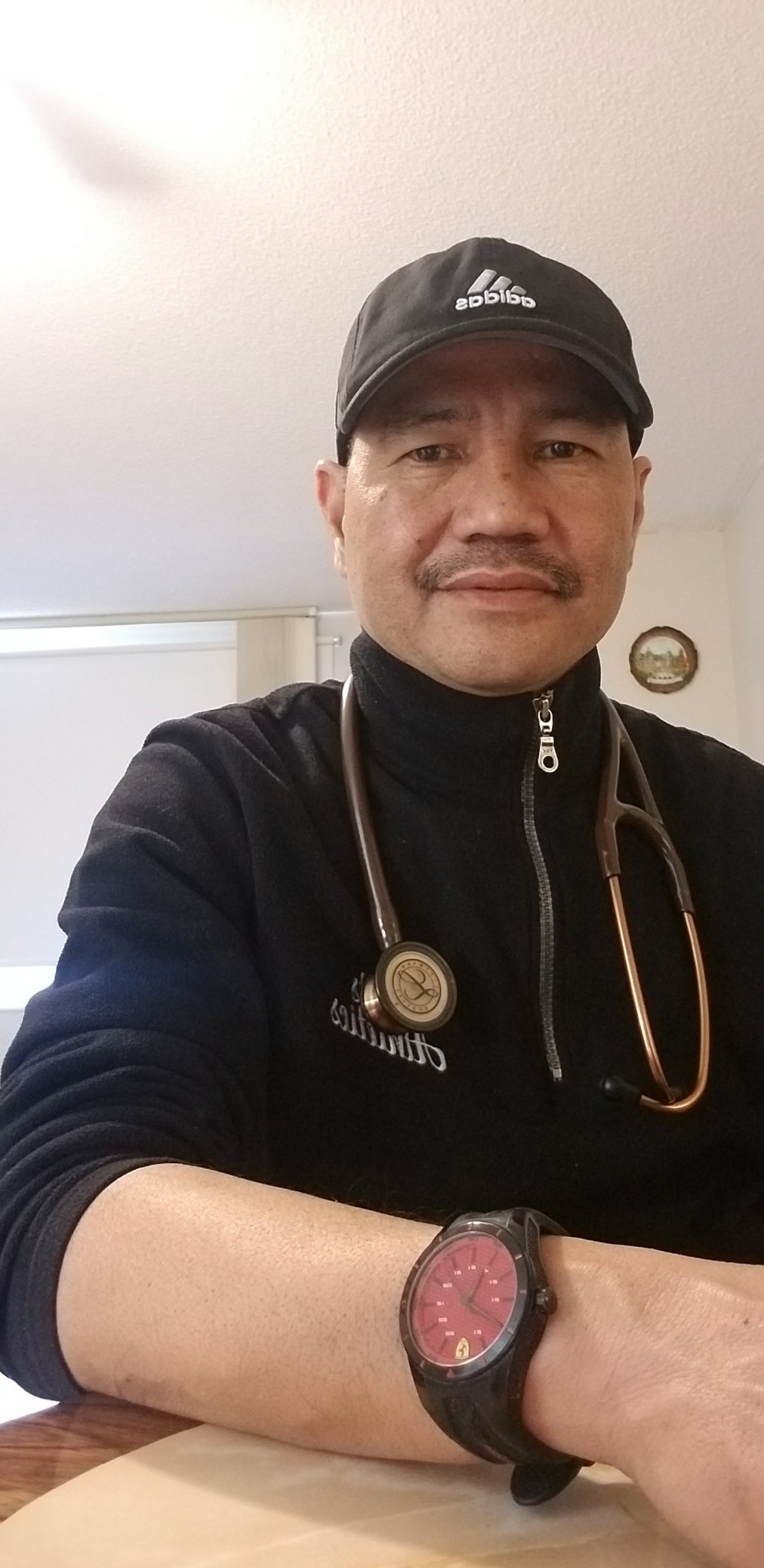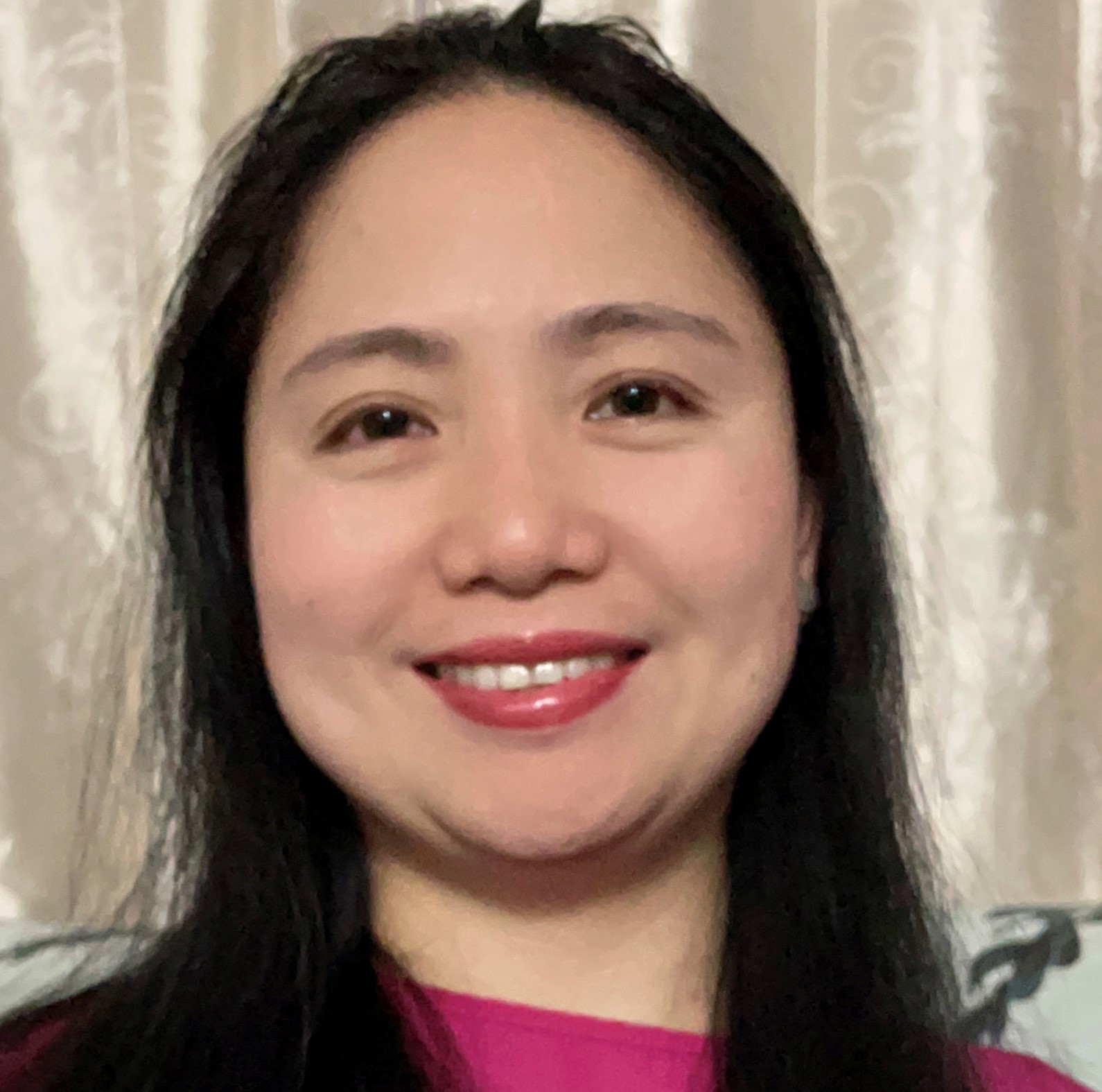National Nursing Week: VHA Nurses are there to Answer the Call

May 9-15, 2022 marks National Nursing Week, an annual celebration taking place the same week as Florence Nightingale’s birthday, May 12.
The theme this year is #WeAnswerTheCall and was developed by the Canadian Nurses Association to showcase the many roles that nurses play in a patient’s health-care journey. The pandemic brought to light the courage and commitment that nurses work under every day and showed the important role that nurses play in the community.
VHA nurses deliver one-on-one care in the community–including at schools and clinics–as well as in the home. Our skilled Registered Nurses (RNs), Registered Practical Nurses (RPNs) and Nurse Practitioners (NPs) help with a range of issues. Nurses at VHA are essential to achieving our vision of quality care delivered with great heart – for every person, every time, everywhere.
No matter the situation or setting, VHA nurses create possibilities for more independence, championing the needs of our clients and families and delivering high quality, integrated care.
This past year has been like no other as nurses continued to play an important role in keeping clients and families safe in their homes and communities.
We sat down with VHA nurses Alex Agas, Marisa Ildefonso and Anna Tan to hear about their unique nursing perspectives, what they love about their roles, what it’s been like to be a community nurse during the pandemic.
Being a nurse can lead to so many different specialties and areas of work, so to start off, could you tell our readers a little bit more about you?

RN Alex Agas
Alex: I’m a visiting RN working primary in the North York Region of Toronto, Ontario. I’ve been an RN since 1988 and have been working with VHA since 2004.
Marisa: I’m an RPN specializing in Palliative Care. Prior to getting my nursing certification in 2021, I worked as a Personal Support Worker at VHA for 6 years.
Anna: I’m a Child and Family RN working in schools and homes in Toronto. I’ve been a nurse for 11 years and have worked in my role at VHA for 10 of those years.
What has it been like to be a community nurse during the pandemic?
Anna: Like everyone else, it’s been a mix of good and bad days. When so little was known about the virus, it was scary sometimes, and it has taken a toll on nurses, but I wouldn’t trade it for anything else. We’re helping kids with complex medical needs and their families live an as normal and unchanged life as we can despite these unprecedented times we’re all living in.
Marisa: It’s been a challenge but we were able to manage it. At the start, I was worried because being a frontline worker, the risk of getting sick was higher than if we were staying home. But then I thought about my clients, and was inspired to be brave because I knew they needed my support and care. Being a nurse, you have to be brave to do your job no matter what the circumstance is.
Alex: Being a community nurse during the pandemic was definitely a unique and initially scary experience given the need for me to enter others’ homes to do my job in a time of social distancing. It also took time to get used to having the entire family at home for each of my visits and finding ways to include them. I did enjoy the benefit of no traffic throughout the day, too!
What is the most rewarding part about your role?

RPN Marisa Ildefonso
Alex: The most rewarding part about my role is being able to provide healthcare in the comfort of my patients’ home. I recognize that by seeing my patients regularly and maintaining a trustworthy relationship, I help to empower patients and reduce unnecessary emergency visits.
Anna: Seeing the kids I help smile is the best part about my job. I love being a consistent part of their lives during a time where things are hectic, changing and uncertain.
Marisa: The most rewarding part for me is when I am able to provide relief to my clients and their families. Being a palliative nurse, we are coming in to help during a difficulty and emotional time for many of our clients, so any help I’m able to provide makes my day.
What is something you’d like more people to know about the nursing profession based on your experience?
Marisa: I’d like people to know that nursing isn’t just about having clinical expertise. It requires empathy for clients and their families. You have to put your feet in their shoes. Nurses see a lot of patients in pain and you need to understand most especially their wishes to be able to give good care. The wishes of each patient will be different depending on their unique experiences and cultures.
Alex: One thing I would like more people to know about the nursing profession is that no matter what area of nursing you work in, even in a community setting where I see my own patients independently, you always have others to lean on. I can always count on my colleagues during tough situations and complex patient cases.
Anna: It’s certainly fun and fulfilling!
